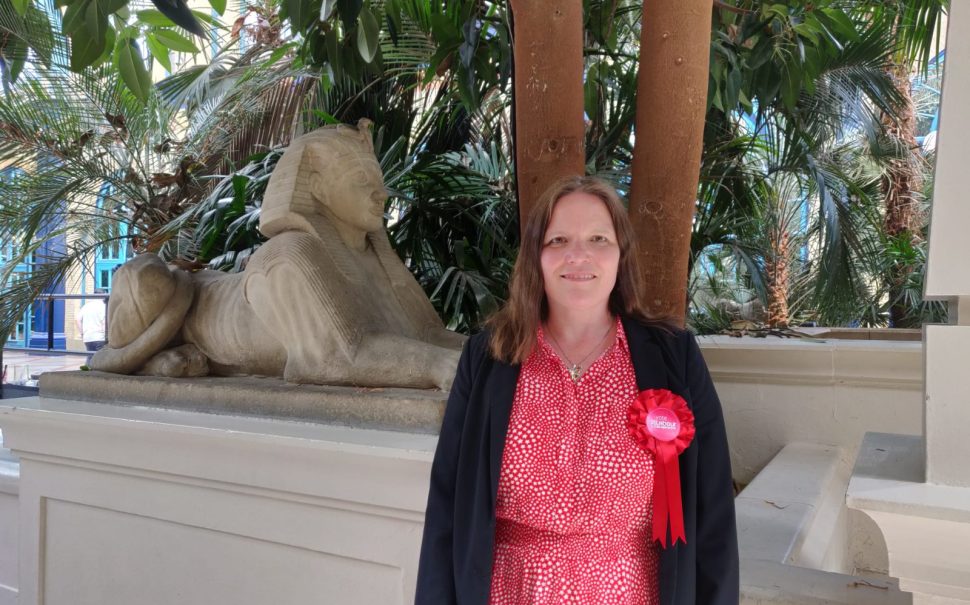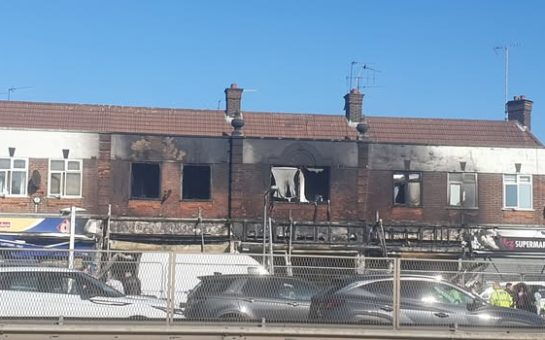Labour vote may be lower than expected due to Labour’s success in the polls, said the party’s Camden and Barnet London Assembly candidate Anne Clarke.
Voter turnout in Barnet and Camden reached 39.59% this year, down from 43% in 2021, and lower than the overall London average of 40.5%.
Speaking to North West Londoner, Clarke said: “When you’re so far ahead in the polls that doesn’t help. People think it’s in the bag and won’t bother voting this year.”
She added: “When the polls are closer, people feel that they’re more likely to vote Labour if they’re a progressive voter.”
First elected in 2021 with a 43.2% vote share, Clarke was born in Chicago before moving to the UK in 1998.
She has previously served on the Barnet Council, representing the Childs Hill and Cricklewood wards.
At the count today, Clarke also raised concerns, echoed by others in the Labour Party throughout the election campaign, about the impact of recent voter ID laws may have on turnout.
She said: “I did meet people on the day, and in the few days ahead of time, who didn’t have any ID.
“I met one woman who had an old paper driver’s licence but no photo ID, so she was unable to vote.
“Both Barnet and Camden and City Hall did a big push to get people to get ID to vote but there will always be people who are caught out by that.”
The new regulations were introduced in 2022 and require that every person must bring a valid photo ID, such as a passport or driving licence, in order to cast a vote in all local and general elections.
On the decision to introduce voter ID laws, a government spokesperson told Sky News: “We cannot be complacent when it comes to ensuring our democracy remains secure.
“Photo identification has been used in Northern Ireland elections since 2003 and we’re working closely with the sector to support the rollout and funding the necessary equipment and staffing.”
Clarke also said further changes to the voting system may impact results.
On the new first-past-the-post system, introduced in the Mayoral vote for the first time for this year, she said: “The Conservative’s wouldn’t have changed the voting system if it wasn’t to their advantage. That is plain for anyone to see.”
The new system means each voter chooses a single candidate, with the winner determined by simple majority.
Before this change, London mayoral elections used a supplementary vote system, where voters choose a first and second-preference candidate and the lowest supported person is eliminated until someone reaches 50% of the vote.
The government said the reform was needed as supplementary voting was ‘overcomplicated and confusing’.
The count continues in Barnet and Camden, with results expected later today.





Join the discussion